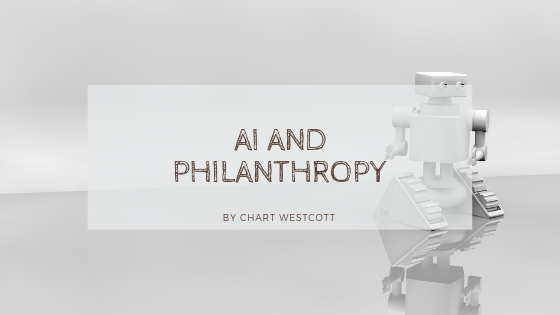Artificial intelligence takes over tedious, repetitive tasks. As a result, efficient workflows increase and time management improves. In the philanthropy world, AI is poised to assist in two major areas.
Donor and Beneficiary Interaction
Chatbots are familiar in the online retail environment. Introducing chatbots to charitable websites improves interactions between the charity and its donors and beneficiaries. A chatbot can easily answer frequently asked questions in an engaging manner with the site user. Complex questions can be flagged for human review.
In addition, AI technology can sift through existing files and information to provide the user with the best answer to their question. It can also help users navigate the website as they seek information on services, volunteer opportunities or donations.
Data ProcessingFrom the organizational end of things, AI’s ability to process large amounts of data stands to benefit donor outreach and improve communication between like-minded charities. Data can be shared and mined from multiple sources. This helps to improve mailing lists, assists in identifying leads and improves campaign manager’s understanding of donor behaviors.
While most AI is used by major charitable organizations, small charities might be discouraged by the rise of AI tech. However, out-of-the-box AI software is scalable to organizational needs. There are also many start-ups that offer support to small charities. For short-staffed charities, options such as AI-as-service are gaining ground.
Ethical Considerations
One final thought about AI: ethical considerations. Artificial intelligence is programmed with known data. AI tools set off with this base knowledge but their interactions with humans and other data sources expand their capacity for decision-making. In other words, AI is not static. It develops within the context of the information it consumes.
Charitable organizations must be prepared to evaluate their existing data for bias or other human-caused errors. Without doing so, an AI-powered program will effectively replicate biases and errors.
While artificial intelligence tools can enhance web visitor interactions, improve donor and beneficiary relations and improve workflow, organizations must ensure that existing data is clean.
If your organization is using tools like customer relationship management software, content management systems or campaign management software, then integrating those tools with AI will accelerate your organization’s success.

